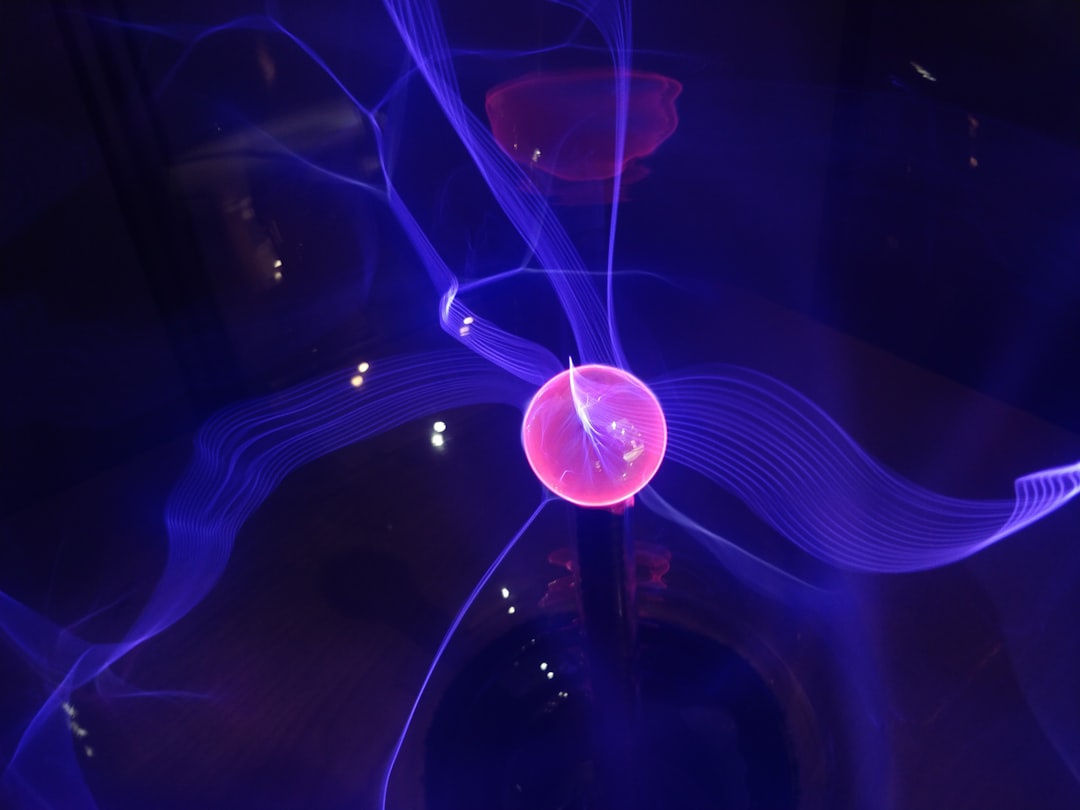Medical Physicist Kaiahupūngao Whakaora
Medical physicists help plan radiation treatment for patients, check and monitor radiation equipment, and develop new treatment techniques.
Medical physicists may do some or all of the following:
- research and develop new equipment and techniques
- ensure that medical equipment is used safely and correctly
- order medical equipment
- monitor and test radiation equipment and dosage
- work with a medical team to create treatment plans for patients
- interact with patients as part of their radiation therapy treatment
- contribute to the design of new medical facilities.
Physical Requirements
Medical physicists need to have good eyesight (with or without corrective lenses).
Useful Experience
Useful experience for medical physicists includes:
- any scientific research work
- work with medical equipment or electronics
- engineering work
- computer programming and coding.
Personal Qualities
Medical physicists need to be:
- skilled at research, and at analysing and interpreting research results
- accurate, with an eye for detail
- well organised
- good at communicating
- good at solving problems
- persistent and patient
- able to work well independently and as part of a team.
Skills
Medical physicists need to have knowledge of:
- physics as it applies to medicine
- maths and the scientific method
- the use of radiation to treat cancer or diagnose disease
- anatomy, physiology and radiation biology
- medical technology and equipment.
Conditions
Medical physicists:
- usually work regular business hours, but may also work evenings and weekends
- work in hospitals or research departments in universities.
Subject Recommendations
NCEA Level 3 is required to enter tertiary training. Useful subjects include biology, chemistry, digital technologies, maths, physics, and construction and mechanical technologies.
Related Courses
Medical Physicists can earn around $65K-$118K per year.
Chances of getting a job as a Medical Physicist are good due to a shortage of people interested in this type of work.
Pay for medical physicists varies depending on skills, experience and qualifications.
- Medical physicists in training (registrars) working for Te Whatu Ora Health NZ usually earn between $65,000 and $85,000 a year.
- Mid-level medical physicists working for Te Whatu Ora usually earn between $103,000 and $118,000 a year.
- Senior medical physicists with extra clinical skills or management responsibilities working for Te Whatu Ora can earn from $122,000 to $161,000 a year.
Source: APEX and Te Whatu Ora Health NZ, 'Medical Physicists Collective Employment Agreement, July 2022 to August 2023'.
Medical physicists may progress to doing research in their clinical practice or move into management roles.
Medical physicists working in hospitals may specialise in:
- treatment planning
- radiation safety
- image quality
- linear accelerator management.
Medical physicists may also progress to jobs in areas such as:
- teaching or research in universities
- making medical equipment
- consulting on new equipment and technology to be used in hospitals.
Years Of Training
8 years of training required.To become a medical physicist you need to have a relevant undergraduate degree, such as one of the following:
- Bachelor of Science in Physics (Medical Physics and Imaging Technology)
- Bachelor of Science in Physics
- Bachelor of Engineering with a strong maths and physics component.
You then enter specialist training and work experience, involving:
- a Masters of Science in Medical Physics
- a five-year clinical Training, Education and Accreditation Programme (TEAP), done in conjunction with the Master's degree and specialising in one of three areas, radiation oncology medical physics, diagnostic imaging medical physics or nuclear medicine physics
- accreditation with the Australasian College of Physical Scientists and Engineers in Medicine (ACPSEM).

 Mountainview High School
Mountainview High School